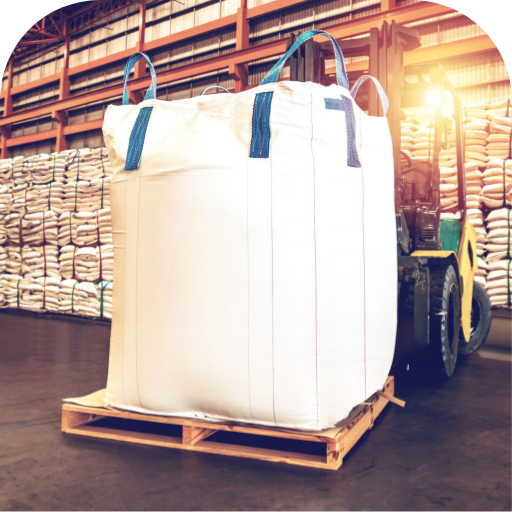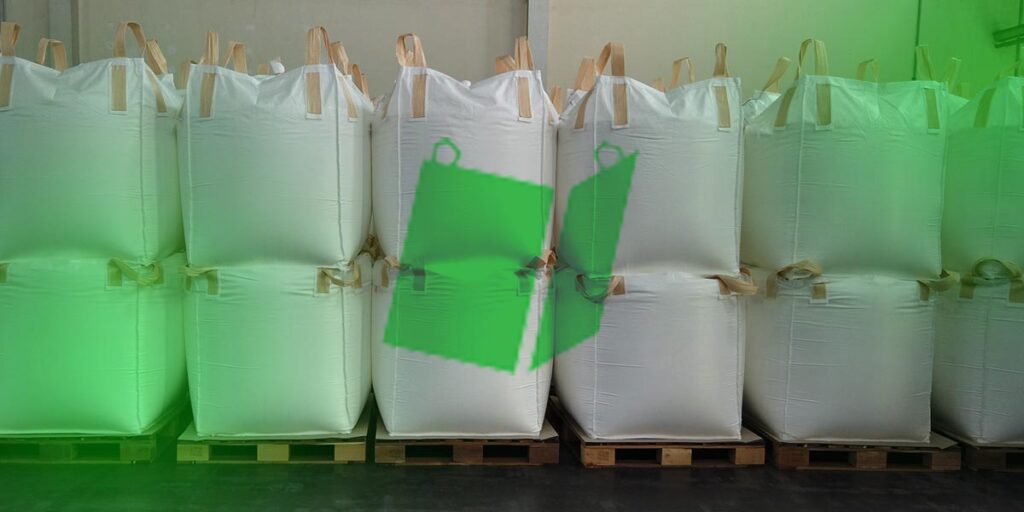Shop Bulk Bags - Affordable Solutions for Your Organization Demands
Shop Bulk Bags - Affordable Solutions for Your Organization Demands
Blog Article
Mass Bags: Every Little Thing You Need to Know Before Making a Purchase
When taking into consideration the acquisition of mass bags, it is important to navigate via a myriad of alternatives and specifications before getting to one of the most appropriate option. From the varied kinds of mass bags offered to the vital factors that influence selection, a comprehensive understanding of these elements is important for making a notified choice. Whether you are a seasoned specialist in the market or checking out bulk bags for the very first time, diving right into the details of their style, applications, and advantages can lead the means for a efficient and efficient purchase.
Sorts Of Bulk Bags
When categorizing bulk bags, they can generally be classified into four main types based on their design and usage. The initial type is the common bulk bag, additionally referred to as a FIBC (Adaptable Intermediate Bulk Container) These are the most commonly utilized bulk bags and are flexible in their applications, ideal for numerous markets such as farming, food, and construction handling. The second type is the cone-shaped bulk bag, which includes a cone-shaped base that enables very easy discharge of products, making them optimal for items that need to drain smoothly.
Going on, we have the duffle top bulk bag, defined by a spout or sleeve at the top for convenient dental filling. These bags are typically used for penalty and powdered materials due to their ease of closing and filling. Lastly, the mass bag with baffles is designed with internal baffles to maintain the bag's shape and boost stability when loaded. This type is ideal for delivering goods that require extra support to avoid bulging or moving during transportation. Comprehending the different sorts of mass bags is important in choosing the most suitable choice for your particular demands.
Elements to Think About
Having actually identified the different sorts of mass bags, the next step is to meticulously take into consideration vital variables that play a substantial duty in establishing the most ideal choice for your particular demands. One vital variable to consider is the weight capacity needed for your products. Make sure the bulk bag has a secure working lots (SWL) that goes beyond the maximum weight of the materials to avoid any kind of threats of tearing or damage throughout handling and transportation. In addition, consider the dimensions of the mass bag in relation to the area available for storage or transportation. The bag needs to fit pleasantly in the assigned location while enabling efficient stacking if required.
Additionally, the kind of material made use of in the building of the bulk bag is important. Various products provide differing levels of resistance, toughness, and breathability to elements such as moisture or UV direct exposure. Comprehending the residential properties of products like polypropylene, polyethylene, or woven textile can help you pick a bag that meets the toughness and security requirements of your items. Consider any type of certain attributes required, such as sift-proofing, liners for wetness protection, or anti-static residential properties for delicate products. By very carefully assessing these variables, you can with confidence choose the most ideal bulk bag for your application.
Usual Uses and Applications

Moreover, bulk bags locate applications in the landscape design market for transporting compost, rocks, and soil. Waste management companies utilize bulk bags for disposing and collecting of waste materials effectively. Additionally, the pharmaceutical market counts on mass bags for taking care of and delivering pharmaceutical powders securely. Overall, the flexibility and longevity of bulk bags make them indispensable in a wide range of applications and markets.
Benefits of Using Bulk Bags
With their versatile applications throughout sectors such as building and construction, farming, food, and much more, the advantages of utilizing bulk bags become significantly evident in improving operational effectiveness and product handling processes. Among the key benefits of utilizing bulk bags is their cost-effectiveness. These bags decrease the requirement for specific packaging materials, conserving both money and time in managing and transportation. Furthermore, bulk bags are developed to optimize storage area successfully, enabling for even more substantial amounts of materials to be moved or kept in a smaller sized location. This space-saving feature is especially advantageous for companies with limited storage abilities. Bulk bags offer outstanding security for materials against outside impurities such as uv, dampness, and dirt exposure, guaranteeing the high quality and stability of the materials. Their longevity and reusability also contribute to sustainability efforts by decreasing waste and promoting eco-friendly methods. On the whole, the application of mass bags offers a useful and cost-effective service for various sectors seeking effective and safe and secure material managing alternatives. bulk bags.
Tips for Acquiring Bulk Bags
When taking into consideration the acquisition of mass bags, it is important to thoroughly examine your details material taking care of needs and requirements. To guarantee you make the appropriate choice, here are some tips for acquiring bulk bags:

Consider Bag Design: Mass bags are available in numerous designs, consisting of open top, spout top, duffle top, and extra. Select a layout that lines up with your material handling procedures and assists in reliable dental filling and discharging.
Evaluate Bag Ability: Establish the quantity and weight of material you require to move or store in the mass bags. Ensure the bags you pick have the ability to accommodate your particular demands without endangering safety or effectiveness.
High Quality and Durability: Choose bulk bags made from high-grade materials that can hold up against the demands of your procedures. Think about factors like UV defense, anti-static residential properties, and tear resistance to make sure longevity and efficiency.
Final Thought
In verdict, comprehending the different types of bulk bags, taking into consideration factors such as weight capacity and material, identifying common uses and applications, and being aware of the advantages of using bulk bags are all vital facets to consider prior to this purchasing. By complying with these standards and pointers, people can make enlightened choices when selecting mass bags for their details demands and needs.
The first kind is the standard mass bag, additionally known as a FIBC (Versatile Intermediate Bulk Container) The second kind is the cone-shaped bulk bag, which includes a conelike base that enables for very easy discharge of products, making them this contact form suitable for products that require to move out smoothly.

Report this page